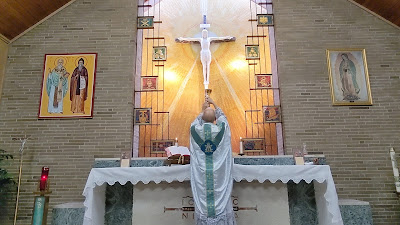Born in Washington D.C. some eighty or so years ago, Roger Kaufman is considered the “father of needs assessments.”
A needs assessment is a systematic way of evaluating and resolving the gaps between a current situation and a desired situation. Needs assessments can be applied to individuals, classrooms, organizations, or communities. They can be used to improve products and services; as well as to clarify problems and identify appropriate solutions.
A key to a successful needs assessment is that the focus be on results and that the evidence be concrete enough to be efficient and effective.
Kaufman’s approach requires a far-reaching view … looking beyond mere products and outcomes … and even going beyond the traditional bottom line measures such as rewards or profits. These two levels he refers to as “micro” and “macro” needs … but which are, in themselves, too short-sighted.
Rather, Kaufman has developed a model for strategic planning that he calls “mega planning.” Looking beyond the output … and beyond the bottom-line … to consider “what sort of world do you want for those who come after you?” … “for your children and grandchildren?” This “ideal vision” requires thinking beyond our immediate selves and circumstances and rather consider the broader impact … or lack of impact … on society and the world at large.
Today is the Seventeenth Sunday in Ordinary Time. In today’s readings we hear how “the hand of the Lord feeds us [and] answers all our needs.” And in the Old Testament reading and Gospel, we hear of miraculous feedings … first by the Prophet Elisha – who feeds 100; and then by Our Lord, Who feeds 5,000 men … not counting the women and children.
Looking at the “micro” and “macro” levels, Elisha’s servant – in the Old Testament – and Phillip – in the Gospel protest that there is just not enough food … to feed so many people.
Yet in both cases, not only are the people fed … but there is an abundance of food – beyond what was the immediate need.
God calls us all to look beyond our perceived limitations … we are called to consider the bigger picture … the “mega” level … from God’s perspective – not from ours.
Saint Paul gives us some guidance in being able to expand our horizons. He outlines the virtues that are “worthy of the call [we] have received,” namely humility, gentleness, patience, love, unity, and peace.
Saint Paul further expands on our call in Christ … by exhorting us to be: one body, one Spirit, one hope … and to live this out through one Lord, one faith, one baptism, [and] one God and Father of all.
All of this must be embraced, embodied, and lived – through the assistance of God’s grace. Not only on a “micro” or “macro” level … but on a “mega” level … what St. Paul calls “over all … and through all … and in all.”
As we approach this altar to receive the Sacred Body and Blood, Soul and Divinity of Jesus Christ, let us pray to see ourselves and others through the eyes of God. May our vision become more and more far-reaching … so that in “one body, [and] one Spirit, [and] one hope” we may receive the graces and foundations … and the gifts and the vision … of a people united in faith and baptism … in God’s love through Christ Jesus Our Lord.




